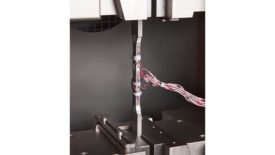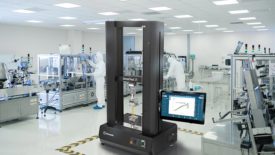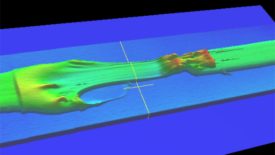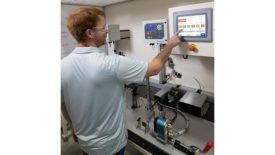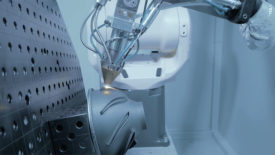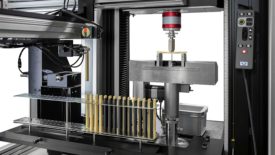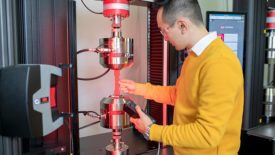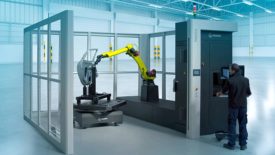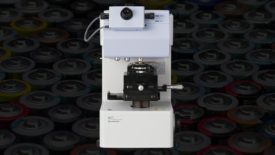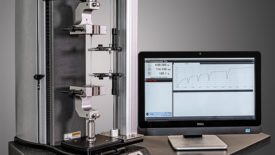Test & Inspection
Test & Inspection
The most powerful tool a company has is the ability to follow a component failure back to the batch of material it was made from.
Read More
Tensile Testing: A Gripping Story
Tensile testing is varied in purpose and industry specific. The manner of holding the test specimen and applying the axis of tensile force is what makes the application unique and enables quality assurance at almost any point in any product's lifecycle.
July 28, 2023
EV Battery Manufacturing: Steps to Assure Joining Quality and Eliminate Harmful Leaks
The importance of reliability in EV batteries is paramount to the overall vehicle performance.
July 13, 2023
Leak Testing
The Rise of Differential Pressure (DP) Decay Leak Testing in North America
What is DP and how are manufacturers using this test method to achieve better resolution and quicker cycle times?
July 6, 2023
Quality 101
Automation in Materials Testing
There are many different parts of a universal testing machine that can be partially or fully automated depending on the specific needs of your lab.
May 15, 2023
Quality 101
Automation’s Growing Role in Universal Testing
The pandemic proved just how important universal testers are to quality. As staff shorages endure, automation is keeping this technology on point.
May 10, 2023
Test & Inspection
Quality Automation: The Role Robotics and Sensors Play in Quality Control and Production
Manufacturers looking to improve their production process efficiency and effectiveness should look closely at Quality Automation.
May 8, 2023
Test & Inspection
Hardness Testing of Individual Battery Electrode Particulates
Recently, researchers have shown correlation between particle hardness and cycle performance.
April 4, 2023
Test & Inspection
Determining if Force and/or Material Testing is Right for your Application
Your choice can be simplified by knowing what kind of information you need to collect.
March 9, 2023
Get our new eMagazine delivered to your inbox every month.
Stay in the know with Quality’s comprehensive coverage of the manufacturing and metrology industries.
SUBSCRIBE TODAY!Copyright ©2024. All Rights Reserved BNP Media.
Design, CMS, Hosting & Web Development :: ePublishing
